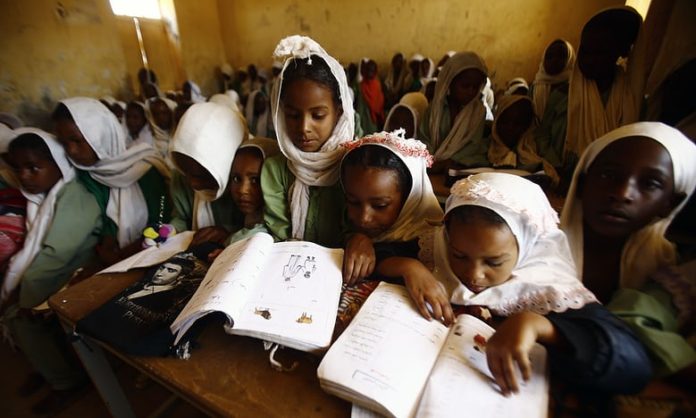
By Ndidichukwu Odoh
A cash transfer programme supported by the United Nations Children’s Fund (UNICEF) to help increase access for out-of-school children and improve quality of teaching and learning environment in Sokoto and Niger state has significantly increased female enrolment in school.
The UNICEF and UK Department for International Development (DFID) supported two years cash program which commenced in 2014 and ended in 2016 successfully enrolled a total of 23,655 girls, 12,314 of the number were female beneficiaries in Niger while 11,341 benefitted in Sokoto.
UNICEF’s Education Specialist, Azuka Menkiti in a media workshop in Sokoto said the project recorded net increase in average girls’ enrolment of 29.4% in Niger and 32.4% in Sokoto States. She said the CTP in Sokoto State commenced in September 2014 as a pilot targeting 10,700 families in 62 communities/schools in 6 out of the 23 LGAs of the State namely Binji, Bodinga, Gudu, Goronyo, Kebbe and Wurno.
Under the DFID supported Girls Education project, Female caregivers of girls within the age of 6 to 15 in the catchment areas of selected schools with the highest proportion of out-of-school girls under were selected and eligible as beneficiaries each beneficiary received NGN5,000 per transfer per term (3 terms per year).
Apart from improved girl child school enrolment, Menkiti told the media that the CTP significantly increased the income of poor households in the two states with program impact of 15.9 per cent and 12.6 per cent in Niger and Sokoto States respectively, adding that the change in average weekly income of caregivers in Niger and Sokoto States was ₦1,123.40 and ₦419.91 respectively.
UNICEF’s success also suggests that the net change in average monthly expenditure on health per household was positive and statistically significant in the two states.
“There was an increase of ₦1,742 in household average monthly expenditure on health and programme impact of 19.54 per cent in Niger State, and an increase of ₦758.32 in household average monthly expenditure on health and programme impact of 12.8 per cent in Sokoto State” said Menkiti.
The results also demonstrate that the expenditure pattern of the caregivers changed in favour of girls’ education after the debut of the CTP in both states.
UNICEF said the CTP has a positive and statistically significant relationship with household expenditure on girls’ education with programme impact of 17.71 per cent and 17.91 per cent in Niger and Sokoto States respectively.
The net change in household average expenditure per term on girl child education was ₦906.68 and ₦1,436.49 in Niger and Sokoto States respectively
According to Menkiti, evidence from the results of the analysis attest to the effectiveness of the CTP in removing financial barriers to girls’ enrolment and attendance at school in Niger and Sokoto States.
She said, “68.9 per cent and 60.7 per cent of caregivers interviewed in Niger and Sokoto States respectively stated that the CTP has to a very large extent helped in removing financial barriers to girls’ enrolment and attendance at school. As a consequence of the cash transfer, the net change of average enrolment of girls’ per CTP school in Niger and Sokoto States is positive and statistically significant.”
“The CTP had a positive impact on girls’ attendance in all classes with the exception of primary five in Niger State. It is noteworthy that lower classes were generally observed to have more attendance in the two states, indicating that the CTP had considerable impact in encouraging the attendance of younger girls that have never attended school” she stated.
Experts at the meeting commended the innovation of the UNICEF/DFID project which succeeded in bringing more girls to school and urged the states to move for possible legislation to sustain the project which has evidently impacted in girl-child education and women’s economic empowerment. Improved political will is also recommended to sustain the CTP in Nigeria.
























